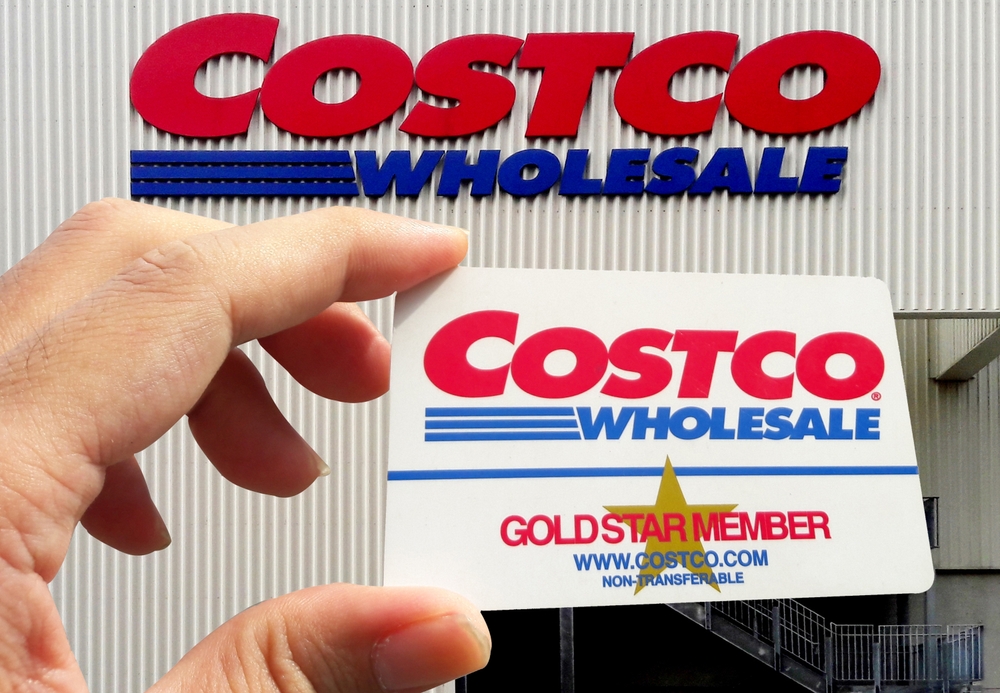Costco Wholesale Corporation, known for its members-only warehouse clubs, is a model of success in the retail sector. Despite the volatility of the retail market, Costco has consistently demonstrated solid financial health and a unique business model that sets it apart from its competitors. This article examines the key drivers of Costco's success and evaluates its potential as a resilient investment option.
Business model: a unique approach to retail
The foundation of success for Costco is a membership-based business model. Unlike traditional retail outlets, the company relies on subscriptions from its members to provide a steady revenue stream that supplements its sales revenue. This model has not only created a base of loyal customers but has allowed it to offer lower prices on bulk goods, making it a preferred shopping destination for individuals and small businesses alike.
Financial performance: stability in a volatile market
A review of the financial statements reveals a pattern of steady growth and resilience. The company has consistently reported increased revenues and profits over the years, even during the economic downturn. This financial stability is indicative of its efficient operations, its strong purchasing power, and its ability to adapt to changing market dynamics.
Expanding global reach: growth beyond borders
The expansion strategy is another pillar of its investment attractiveness. The company is gradually increasing its international presence and entering new markets while strengthening its position in existing markets. This global expansion not only diversifies the company's sources of revenue but also its dependence on a single market. With an increasing number of warehouses worldwide, the company is effectively penetrating new customer segments, further solidifying its position as a global leader in the retail industry.
Innovation and adaptation: Embracing e-commerce and digital transformation
In response to the growing trend of online shopping, Costco is enhancing its e-commerce capabilities. Although the company has traditionally relied on in-store purchases, its investment in its digital platform has paid off, especially during the COVID-19 pandemic, when online shopping skyrocketed. Its ability to adapt and embrace technological advances illustrates its determination to remain relevant and competitive in a rapidly evolving retail environment.
Customer loyalty and brand strength: the cornerstones of success
A key aspect of its enduring appeal is its strong brand image and high customer satisfaction. A focus on customer service, quality products at competitive prices and hassle-free returns has created a base of loyal customers. This loyalty not only drives repeat business but also acts as a buffer against market fluctuations and competition.
Risks and challenges
Despite its strengths, the company also faces challenges including intense competition from other wholesale and retail giants, fluctuating commodity prices, and changing consumer behaviour. Investors should keep these factors in mind, and how Costco deals with these challenges will be critical to maintaining its market position.
Conclusion: a strong contender for a long-term investment
In conclusion, the company's unique business model, financial resilience, global expansion, digital transformation efforts, strong brand loyalty and commitment to sustainability make it an interesting option for investors looking for long-term growth. While the retail sector is inherently dynamic and competitive, its proven track record and strategic initiatives put it in a good position to thrive in the future. As with any investment, potential investors should conduct thorough research and consider their investment objectives and, most importantly, their risk tolerance when investing in Costco Wholesale Corporation.


